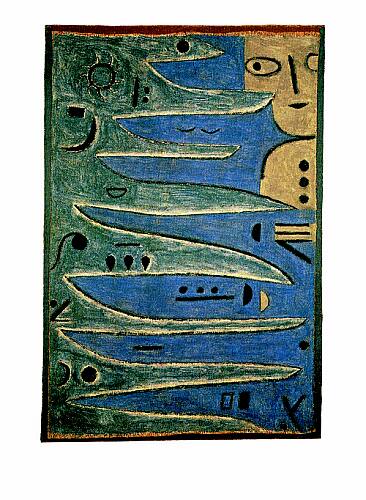Task 4 : Social Life and Pragmatics
Interaction and social life
Previous results of the PRELUDE project have put ahead the use of ludical concepts to represent
speech acts (Fleury & Tronçon, to appear, Livet, to appear). It is possible to extend this formalization
to other kinds of acts in the social domain. The crucial point of these approaches resides in that they
don’t refer to a a priori norm, and they don’t consider intention as a primitive. Speech acts are primarily
dialogic : they consist in interactions of designs (that is strategies) of speakers. While existing
approaches in terms of games see things through utility and gain to expect, the ludical approach puts
the emphasis on the structure of a game itself (its "geometry"). A game may then be viewed as a
polarity phenomenon between on one side a set of designs G possessed by one participant and on the
other side a set of designs G possessed by the other participant, that we may presume dual to each
other. A set of designs is the rule for its dual set. For instance, the fact that a speaker has in his or her
game a design that, if played, would constrain the other speaker to give up immediately compels this
second speaker to play some particular design which would prevent the first one from using such a
dissuasive weapon... P. Livet proposed, in this line, solutions for promise and excuse. S. Tronçon and
M-R Fleury have shown how to explain speech acts by means of the expected continuations, thus
avoiding the reference to intention. This project will continue on this line. More particularly, the ethos
of dialogue will be explored, starting from the idea that social actions like promise, excuse but also
solicitation, order etc. obey not to imperatives dictated by some superior instance, but simply obey to
geometrical considerations like symmetry and orthogonality in elementary structures of interaction.
Moreover, we shall appeal to our partner “Resurgences” to make experimentations in social
environment (recordings of dialogues, of interactions in work and/or in training). The concepts,
designs and behaviours, will be compared with others like “obligations” in the so called “geometry of
obligations” (Cardone, 2009) which is nicely represented in the Theory of Categories.
Social Life and Pragmatics
Coordinator : Marie-Renée Fleury (IML)
Members : Samuel Tronçon (Résurgences), Pierre Livet (Résurgences),
External Collaborators : Jean-Baptiste Joinet (Paris 1), Claire Beyssade (IJN), Laurent Roussarie
(SFL – Paris 8)
Content : the members will start from the work they have already made in the context of Ludics,
They will not only continue the theoretical study of speech acts but also extend this formulation to
other types of acts in the social field. In addition, they use a corpus of discourses and dialogues
obtained by the association Resurgences in order to make a study of concrete cases.
Stages
- 1 - Deepening the ludical approach to speech acts: interpretation of constants, fax, location, and
- main theorems.
- 2 - Extension of the formalization of the SA to the overall standard classification.
- 3 - Development of conceptual tools for analyzing SA and the formalization of real situations.
- 4 - Creation of a corpus of speech acts in situations
- 5 - Analysis of the corpus and classification of real cases.
- 6 - Formalization of corpus. Analysis of practices.
- 7 – Development of tools for helping negotiation, conversational tools etc.
